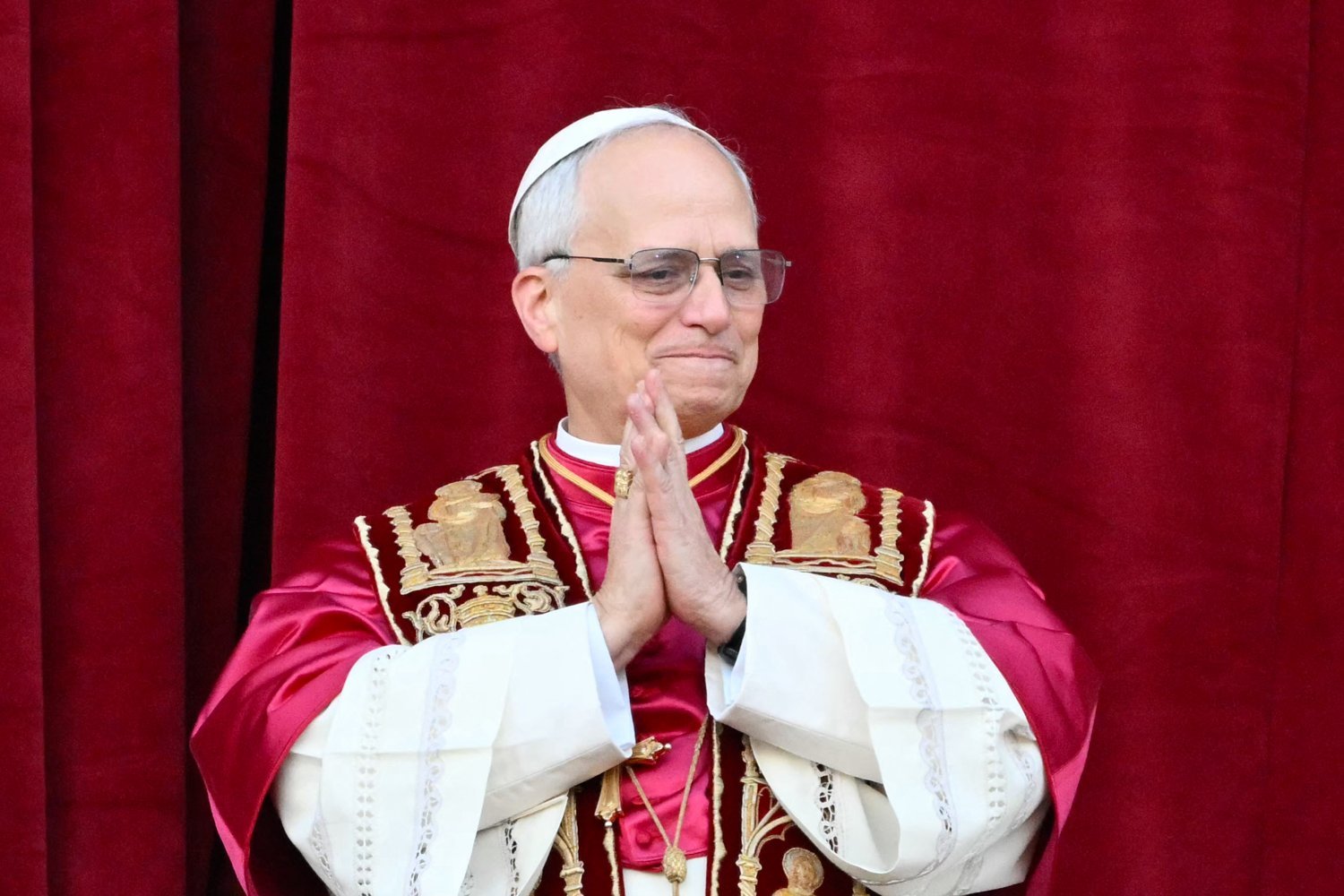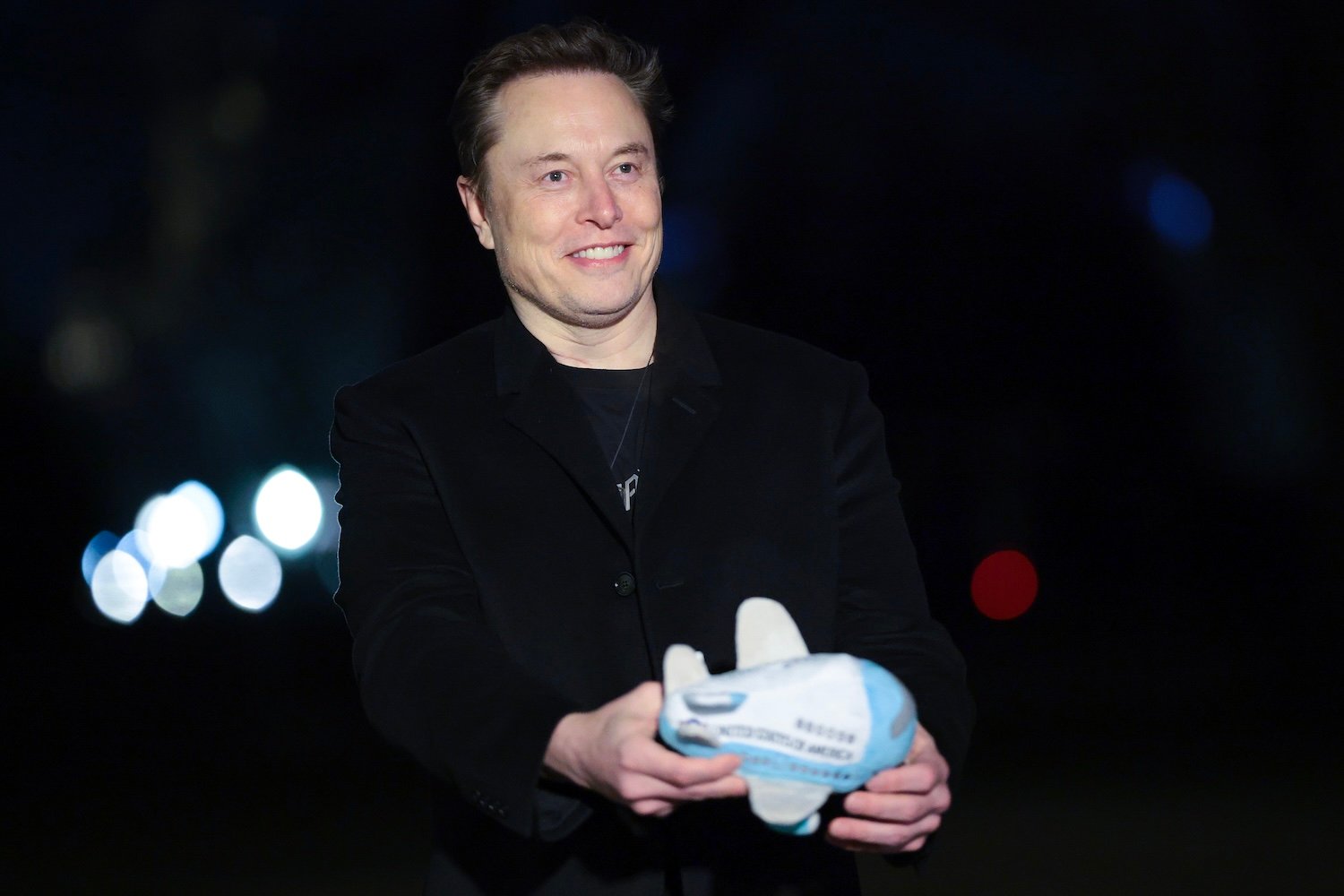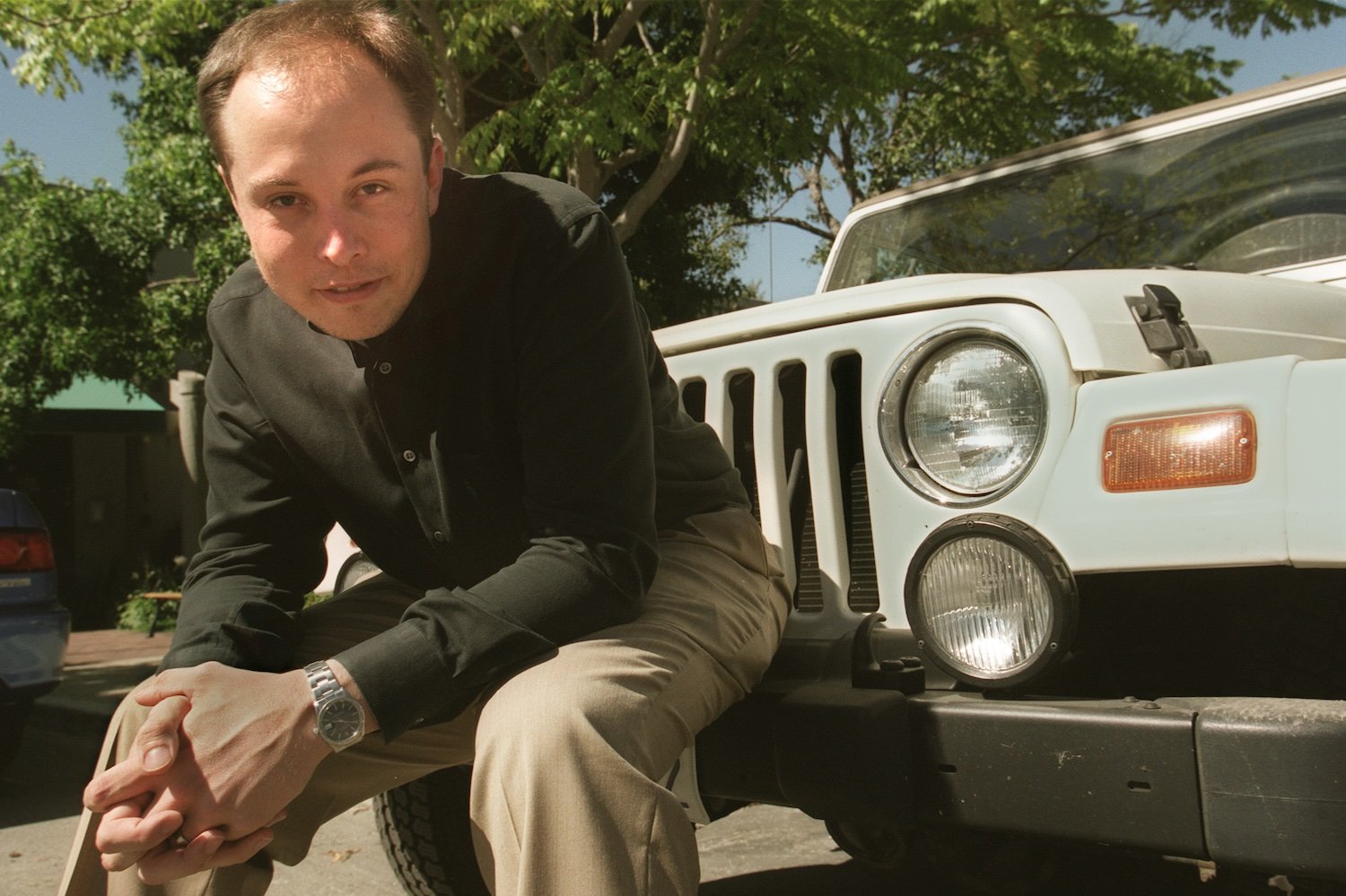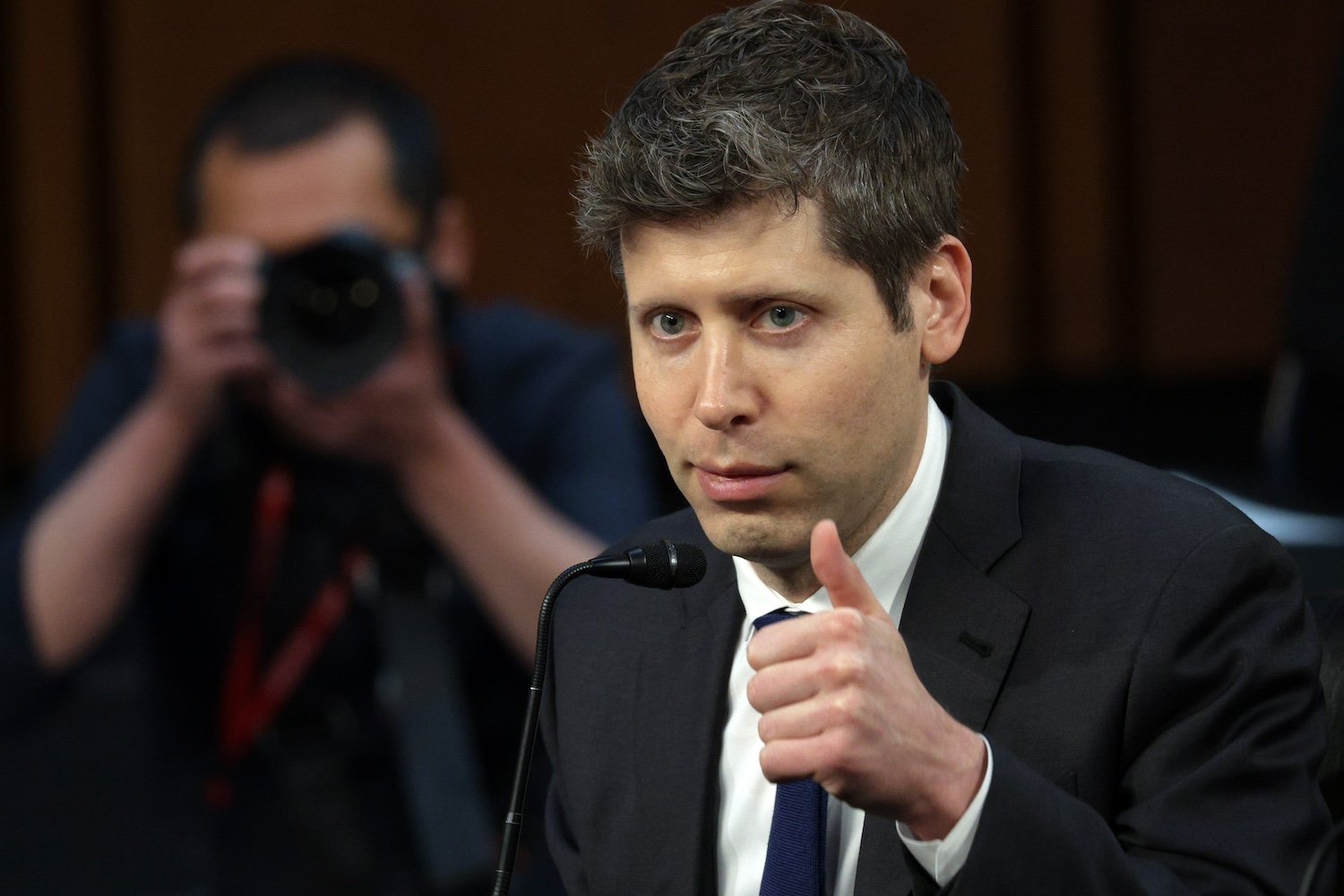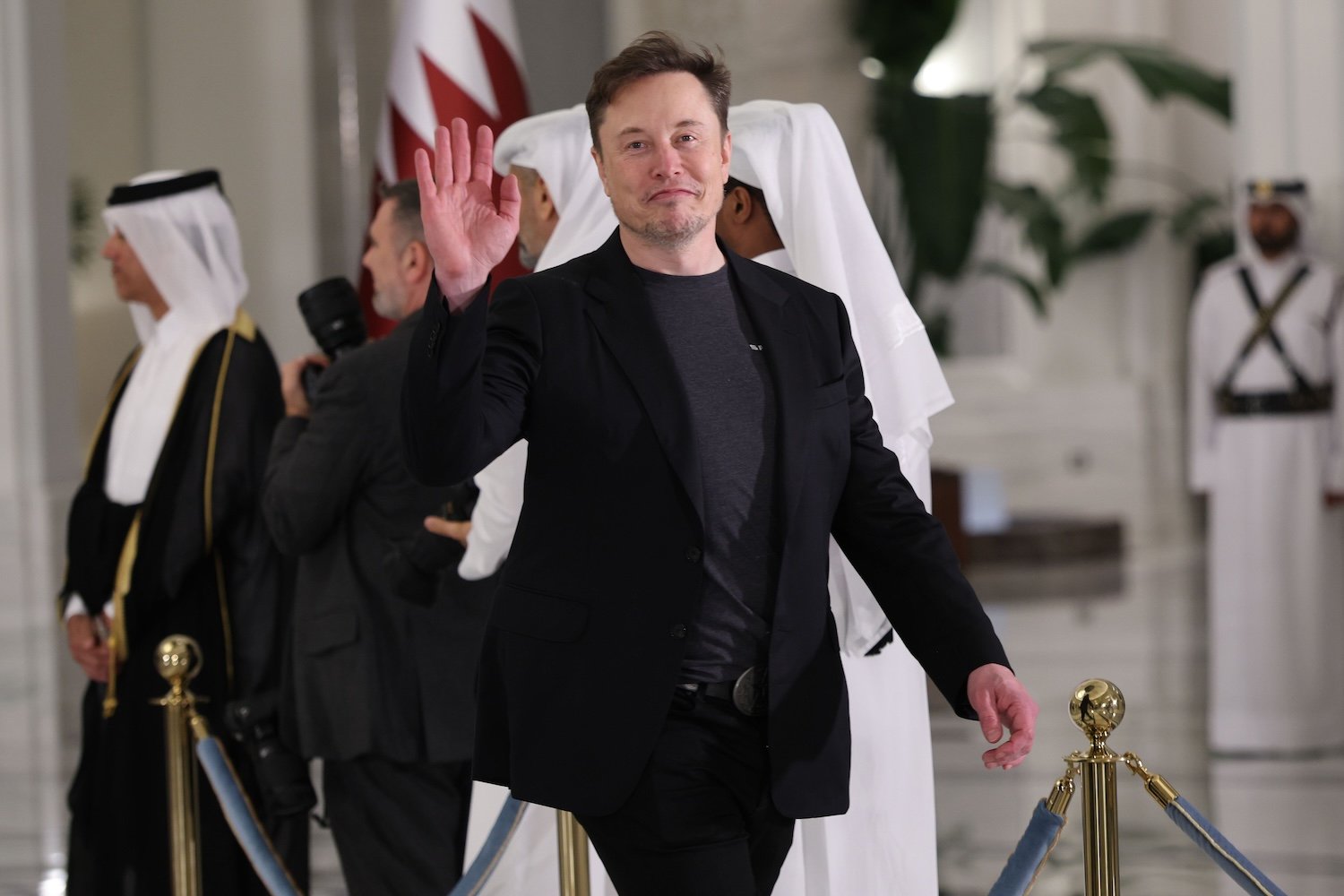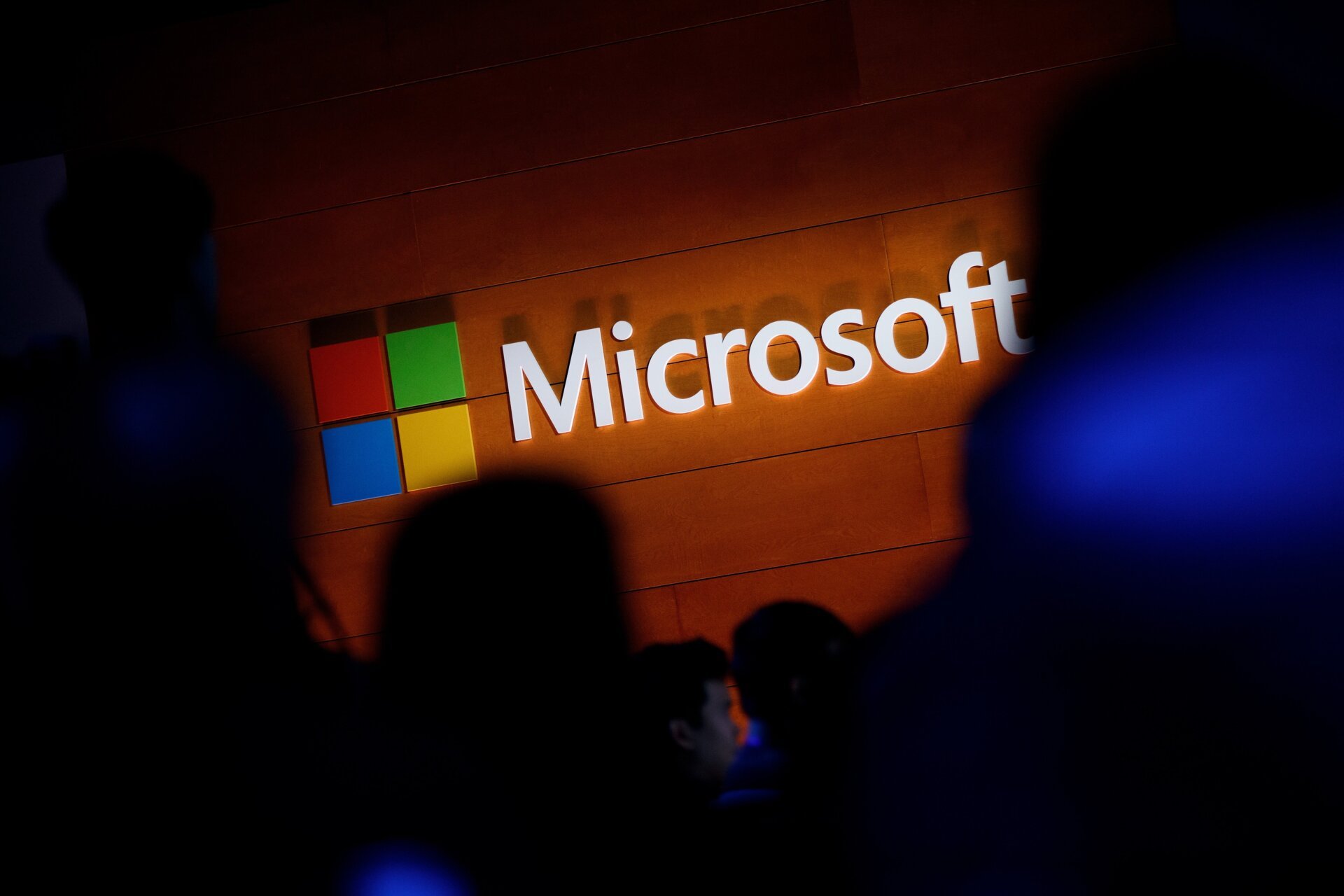The Catholic Church, often perceived as traditional, is stepping into the future with a focus on artificial intelligence. Newly elected Pope Leo XIV, born Robert Prevost of Chicago, has identified AI as a critical challenge for humanity in his inaugural meeting with the cardinals. He highlighted the need to address the implications of AI for human dignity, justice, and labor, drawing parallels to the social questions raised by the industrial revolution.
A Legacy of Social Justice
Pope Leo XIV’s choice of papal name signifies his intention to follow the path of Pope Leo XIII, known for his 1891 encyclical “Rerum Novarum” (Rights and Duties of Capital and Labor). This landmark document addressed the plight of the working class during the first industrial revolution, advocating for worker rights and the formation of labor unions. Leo XIV aims to apply similar principles of social justice to the current technological advancements in AI.
Building on Pope Francis’s Concerns
Leo XIV’s focus on AI echoes the concerns of his predecessor, Pope Francis. Francis recognized the potential risks of AI if not developed and implemented ethically, emphasizing a human-centered approach. His note, “Antiqua et Nova” (Note on the relationship between artificial intelligence and human intelligence), stressed that AI should serve and not harm human dignity.
AI and the Cognitive-Industrial Revolution
Pope Francis’s public addresses, including his remarks at the 2024 G7 Summit and the World Economic Forum in Davos, further underscored the importance of ethical AI development. He described AI as the beginning of a “cognitive-industrial revolution,” cautioning against potential injustices between nations and social classes. He urged developers to prioritize human dignity, the human vocation, and the common good in the advancement of AI technologies.
A Call for Ethical AI Development
Pope Leo XIV, inheriting this legacy, has signaled his intention to address the complex ethical challenges presented by AI. He acknowledges the transformative potential of AI while emphasizing the Church’s commitment to safeguarding human dignity and promoting social justice in the face of rapid technological change. His initial address to the cardinals marks the beginning of a crucial conversation within the Catholic Church and the wider world on navigating the ethical landscape of artificial intelligence.



